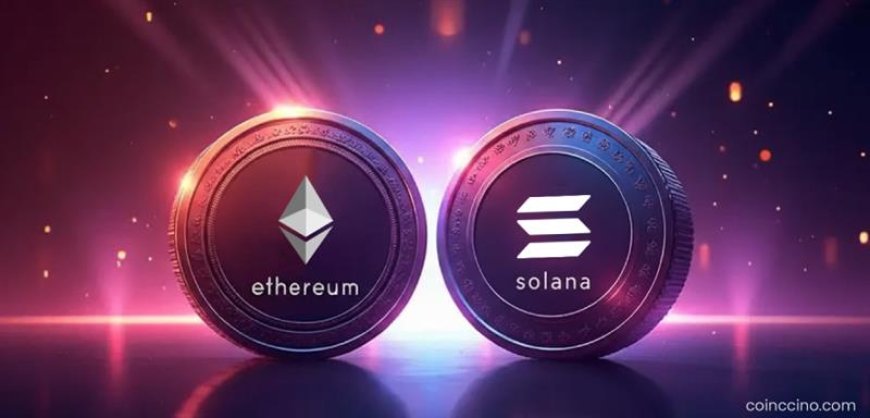MIT Research Signals Decentralization as a Key Lever to Speed Up Ethereum & Solana
Recent research out of MIT suggests that greater decentralization—particularly via increased validator/node diversity and better parallel transaction execution—can substantially improve the performance of major blockchains like Ethereum and Solana. The findings point to concrete architectural and consensus changes that could help reduce bottlenecks without sacrificing security.

Market Context
Scaling and performance have been front-and-center concerns for blockchain networks as usage surges in DeFi, NFTs, and real-world asset tokenization. While many chains focus primarily on throughput (transactions per second) or user experience, decentralization has often been seen in tension with speed. The MIT work argues that decentralization itself, properly engineered, can be part of the solution rather than the trade-off.
Technical Details with Attribution
- A recently published paper (“Empirical Analysis of Transaction Conflicts in Ethereum and Solana for Parallel Execution”) by MIT‐affiliated researchers shows that **Ethereum blocks often have over 50% of transactions that are “independent”—i.e. non-conflicting—indicating potential for parallel execution optimizations. Solana, while having longer conflict chains, still shows design patterns that can be optimized.
- Another modular protocol called Chiron (also from academic research) proposes accelerating node synchronization without undermining security. It decouples consensus from execution, enabling straggler nodes or full nodes to catch up using “execution hints”, which yields up to a ~30% speedup. This is based on benchmarks modeling Ethereum and Solana workloads.
- The MIT work also highlights that resource flexibility (how easily hardware/software requirements for validators can be met), validator/node count, and distribution are significant in maintaining both high decentralization and robust performance. For example, Ethereum’s shift to Proof-of-Stake increased resource flexibility and helped improve decentralization metrics.
Analyst Perspectives
Analysts view these findings as promising. They suggest that if networks can implement parallel execution, better client diversity, and lighter validator requirements, then performance gains may be achieved without undue loss of decentralization. However, some caution that real-world implementation of these ideas can be complex: trade-offs (hardware requirements, cost for validators, node reliability) may introduce their own risks. Also, changes to consensus or execution layers often require broad coordination and can carry migration risks.
Global Impact Note
If Ethereum, Solana, and other chains successfully incorporate these decentralization-driven performance improvements, global blockchain infrastructure could become more robust and accessible. Regions with less powerful validators or constrained infrastructure could benefit, as lower hardware requirements and node flexibility could allow more diverse participants. That could reduce centralization risks tied to geography, economics, or regulation.